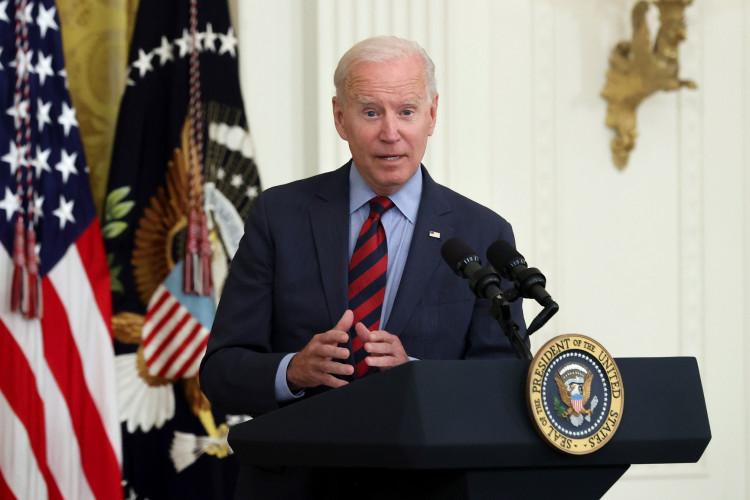The Biden administration announced on Tuesday its decision to remove Cuba from the U.S. list of state sponsors of terrorism, a move poised to reshape U.S.-Cuba relations in the waning days of President Biden's term. The decision has provoked sharp criticism from Republican lawmakers, signaling a potential reversal under the incoming Trump administration.
President Biden formally notified Congress of his intent to lift the designation, citing an assessment that concluded Cuba no longer met the statutory requirements to remain on the list. "We determined that there is a sufficient basis for the president to certify to Congress that Cuba has not provided any support for international terrorism during the preceding six-month period," a senior administration official told reporters.
The designation, first reinstated in January 2021 by then-Secretary of State Mike Pompeo during the Trump administration, accused Cuba of offering safe harbor to members of Colombia's National Liberation Army (ELN), a U.S.-designated Foreign Terrorist Organization, and sheltering American fugitives convicted of political violence. These allegations were among the key factors cited by Pompeo to justify Cuba's inclusion.
The Biden administration's move comes as the Catholic Church mediates negotiations with the Cuban government to release political prisoners. "We view this as an opportune moment to do so, given the important dialogue that is taking place between Cuba and the Catholic Church," a senior official explained. The official added that the administration believes the number of released detainees will be "significant."
The decision also includes waiving Title III of the Helms-Burton Act, which allows U.S. nationals to sue over properties confiscated during the Cuban Revolution. Additionally, Biden rescinded a Trump-era memorandum that restricted financial transactions with certain Cuban entities.
Republican lawmakers swiftly condemned the decision. Senator Marco Rubio (R-Fla.), a Cuban-American and President-elect Trump's nominee for Secretary of State, signaled his intent to reinstate the designation. "The terrorism advanced by the Cuban regime has not ceased. I will work with President Trump and my colleagues to immediately reverse and limit the damage from the decision," Rubio stated.
Representative Carlos Gimenez (R-Fla.) labeled Biden a "pathetic coward," asserting that the new administration would "pulverize the regime once and for all." Representative Nicole Malliotakis (R-N.Y.) echoed similar sentiments, criticizing the move as "rewarding bad actors."
The state sponsor of terrorism designation imposes some of the harshest sanctions available, restricting financial aid, imposing controls on exports and sales, and curbing defense-related trade. Its removal is expected to ease some economic pressures on Havana, though the broader U.S. embargo on Cuba remains intact.
Supporters of Biden's decision point to widespread international calls for Cuba's removal from the list. Brazilian President Luiz Inácio Lula da Silva and Colombia's government have lobbied for the change, citing Cuba's role in facilitating peace negotiations. "Other allies, including the EU, Spain, and Canada, have asked for Cuba to be removed from the list," a senior official said.
While the Biden administration maintains that its decision is based on current intelligence, critics argue it undermines accountability for Cuba's actions. Former Secretary Pompeo, in his original designation, alleged that Cuba provided a haven for individuals involved in acts of terrorism and political violence, including fugitives on the FBI's Most Wanted Terrorists List.
As President-elect Trump prepares to take office, the future of U.S.-Cuba relations hangs in the balance. His administration, filled with Cuba hawks, has signaled a hardline approach, leaving the recent policy shifts vulnerable to reversal.






